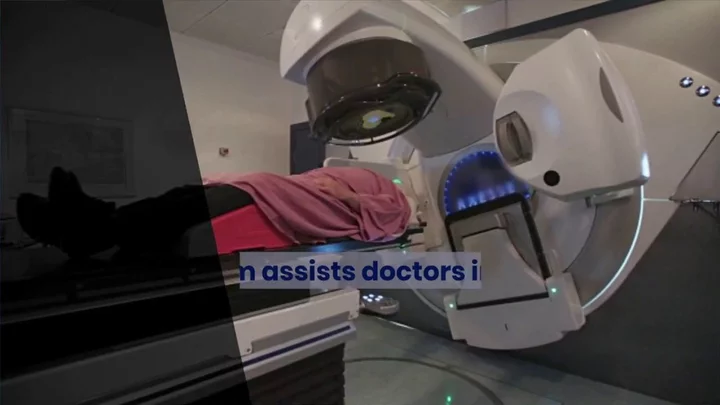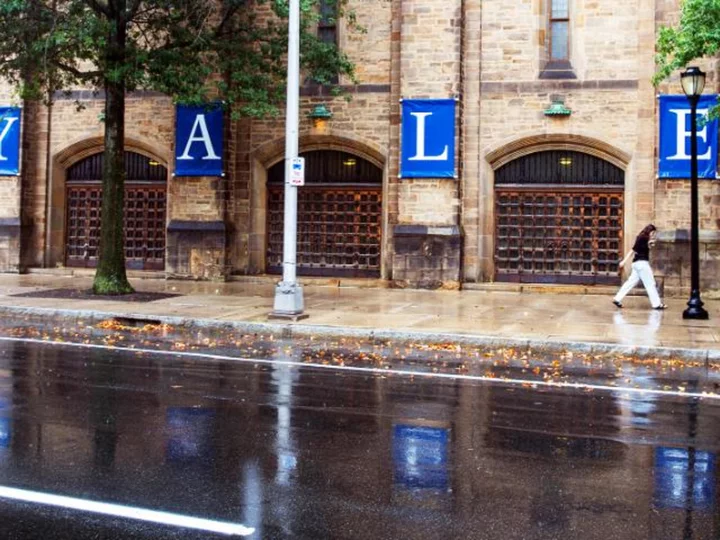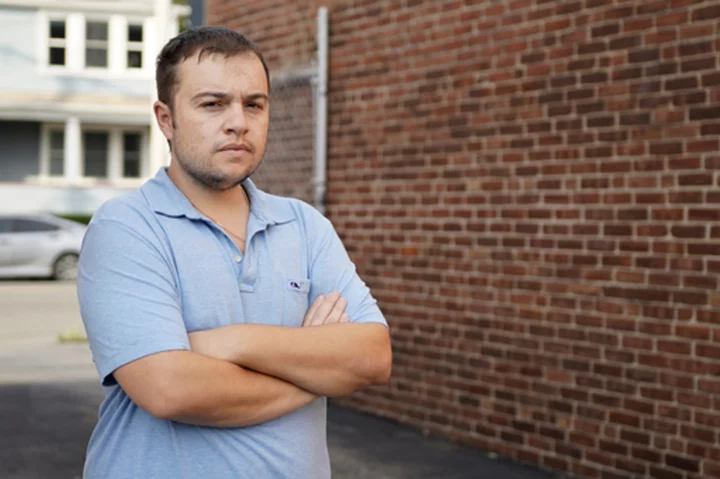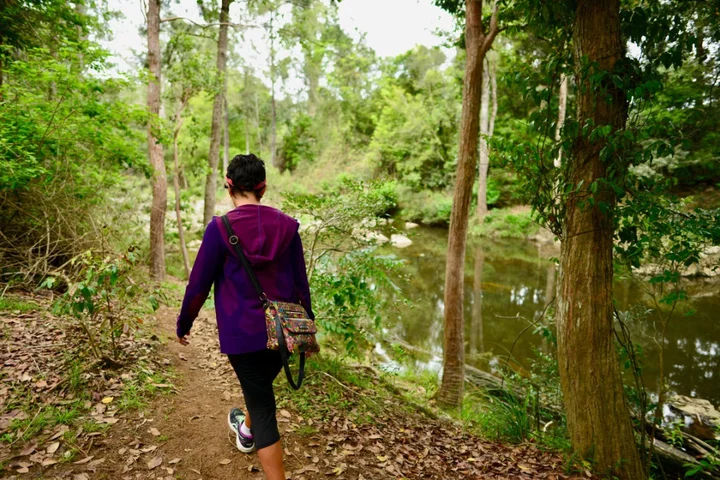Artificial intelligence could soon be used to perform radiotherapy to treat certain cancers for the first time.
Draft guidance from the National Institute for Health and Care Excellence (Nice) has given approval to nine AI technologies for performing external beam radiotherapy in lung, prostate and colorectal cancers, which could save radiographers hundreds of thousands of hours and help relieve pressure on radiotherapy departments.
Currently therapeutic radiographers outline healthy organs on digital images of a CT or MRI scan by hand so that the radiotherapy does not damage healthy cells by minimising the dose to normal tissue. Nice found that using AI to create the contours could free up between three and 80 minutes of radiographers’ time for each treatment plan, and that AI-generated contours were of a similar quality to manually drawn ones.
Nice said that the contours would still be reviewed by a trained healthcare professional.
It comes after a study found AI was safe to use in breast cancer screenings with evidence growing that it can be more effective in detecting cancers.
Sign up to our free Indy100 weekly newsletter
Meanwhile, Nice said it was also examining the evidence for using AI in stroke and chest scans.
Dr Sarah Byron, the programme director for health technologies at Nice, said using AI could help reduce waiting lists. She added: “NHS colleagues working on the frontline in radiotherapy departments are under severe pressure with thousands of people waiting for scans.
“The role imaging plays in radiotherapy treatment planning is quite pivotal, so recommending the use of AI technologies to help support treatment planning alongside clinical oversight by a trained healthcare professional could save both time and money.
“We will continue to focus on what matters most and the recommendations made by our independent committee can help to bring waiting lists down for those needing radiotherapy treatment.”
The health secretary, Steve Barclay, welcomed the announcement. He said: “It’s hugely encouraging to see the first positive recommendation for AI technologies from a Nice committee, as I’ve been clear the NHS must embrace innovation to keep fit for the future.
“These tools have the potential to improve efficiency and save clinicians thousands of hours of time that can be spent on patient care. Smart use of tech is a key part of our NHS long-term workforce plan, and we’re establishing an expert group to work through what skills and training NHS staff may need to make best use of AI.”
Charlotte Beardmore, the executive director of professional policy at the Society of Radiographers, welcomed the draft guidance but said it was not a replacement for staff and caution was needed. “It is critical there is evidence to underpin the safe application of AI in this clinical setting,” she said. Using AI would still require input by a therapeutic radiographer or another member of the oncology multi-professional team, she added. “Investment in the growth of the radiography workforce remains critical.”
Science is pretty amazing.
Have your say in our news democracy. Click the upvote icon at the top of the page to help raise this article through the indy100 rankings.









